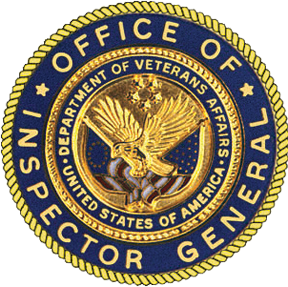The Office of Integrated Veteran Care Needs to Improve Community Dialysis Oversight and Develop a Strategy to Align Future Contracts with the MISSION Act
Report Information
Summary
VHA relies heavily on community providers for dialysis services for veterans, having spent about $1.2 billion on these services from October 2020 through September 2022. The Office of Integrated Veteran Care (IVC) is responsible for managing the delivery of community dialysis services through community care network (CCN) contracts and nationwide dialysis services contracts (NDSCs). CCN providers receive up to the Medicare rate plus some administrative fees, while NDSC providers received more than the Medicare rate.
According to the MISSION Act, community provider reimbursement cannot exceed Medicare rates except in highly rural areas, in states with an all payer model, or when VA makes an exception. Although the MISSION Act was not in effect when the current NDSCs were awarded, VA must consider these requirements in future acquisitions. In fiscal year 2021, VHA announced its intent to transition dialysis services from NDSCs to the CCN. The OIG conducted this audit to determine if VHA effectively provides veterans access to dialysis services by evaluating whether it followed its prescribed referral process that prioritizes the use of available CCN over NDSC providers.
VHA experienced several barriers to ensuring compliance with its community dialysis referral requirements and increasing use of CCN providers over NDSC providers. Specifically, IVC did not effectively oversee dialysis care in the community, clearly assign oversight responsibilities for community dialysis services, ensure medical facility dialysis coordinators followed required referral steps, or use available data to inform decisions. The team also found some inaccurate or incomplete data in the information system used by dialysis coordinators to identify available providers.
The OIG recommended VHA clarify guidance, establish roles and responsibilities, improve data accuracy, and ensure future dialysis service contracts meet MISSION Act payment rate requirements.
Clarify guidance to ensure it includes local dialysis contract options and specifically defines when they should be used.
Establish roles and responsibilities to ensure dialysis coordinators follow required procedures when referring veterans to dialysis care in the community.
Develop and implement a plan to regularly examine and validate dialysis provider information in the Provider Profile Management System for accuracy and completeness.
Develop and implement a strategy to ensure that any new dialysis service contracts follow the John S. McCain III, Daniel K. Akaka, and Samuel R. Johnson VA Maintaining Internal Systems and Strengthening Integrated Outside Networks Act of 2018 payment rate requirements.
